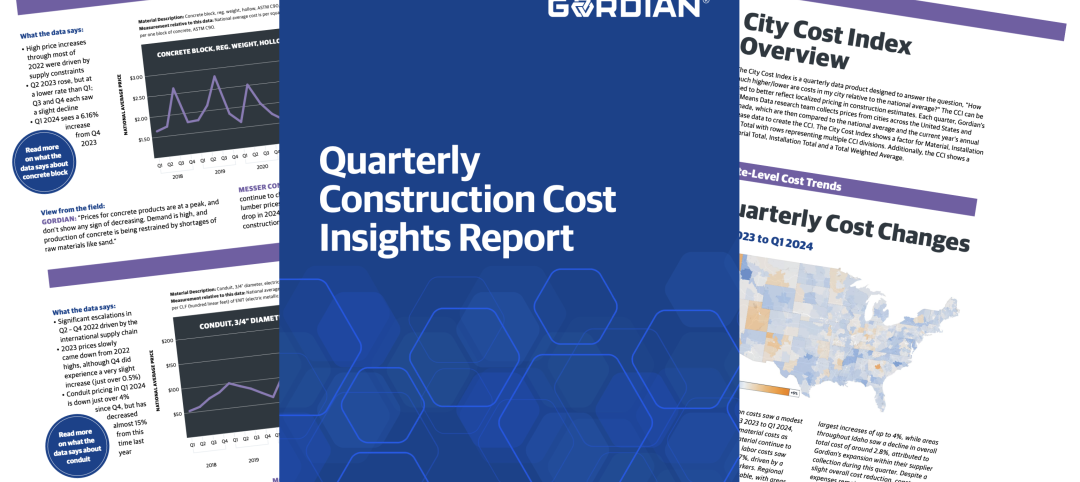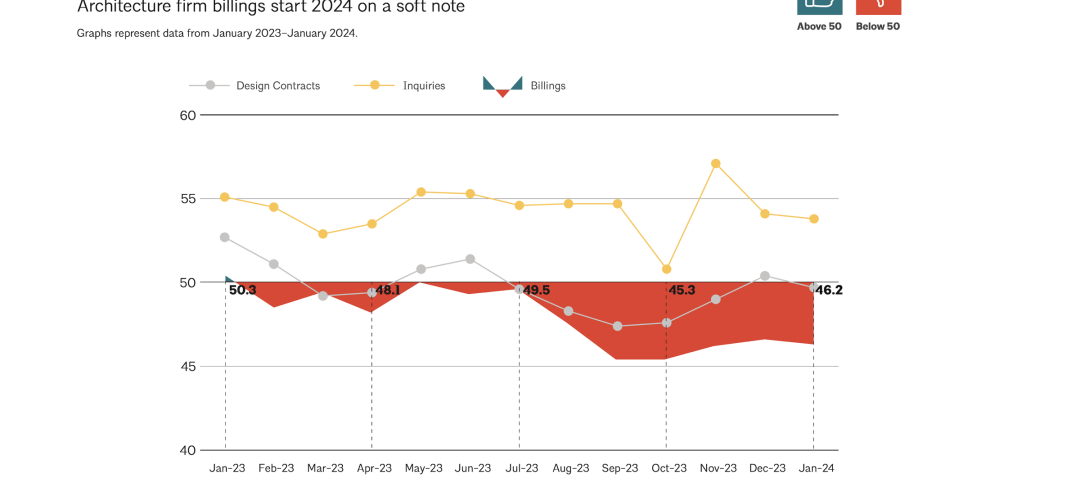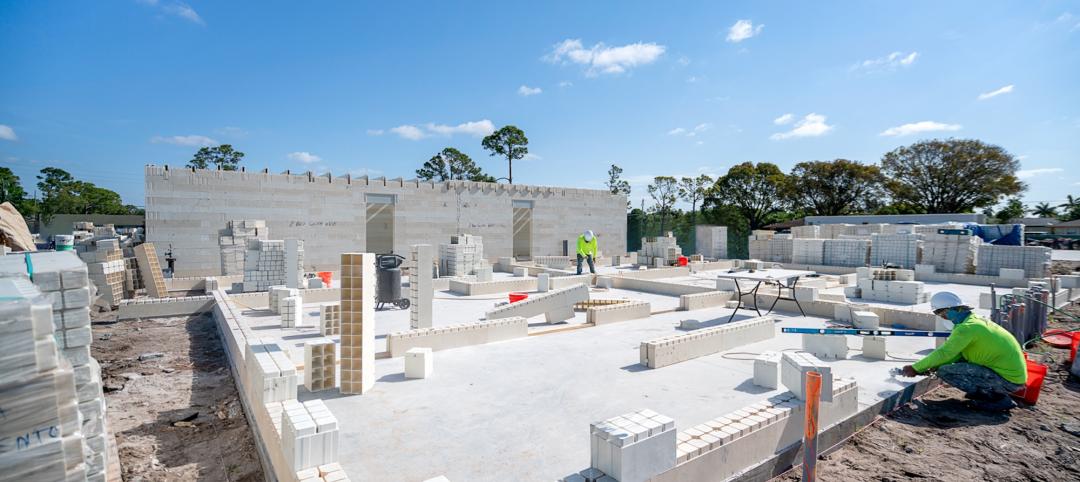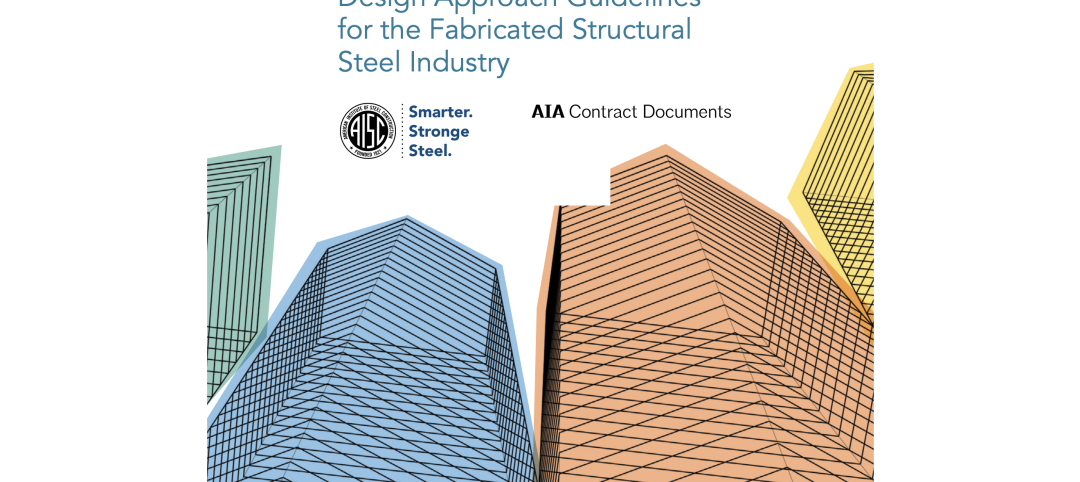Global supply-chain delays and shortages have had an impact on construction contracts in terms of enforceability and risk, and have increased the likelihood of litigation to settle differences between parties, as well as the need to negotiate contracts that anticipate and minimize potential disputes.
“The allocation of risk is paramount to [achieving] the best possible outcome,” stated David Vanderhider, a Partner in the San Antonio office of Dykema Gossett, a Detroit-based national law firm with a substantial construction litigation practice.
During an October 26 webinar that explored the legal considerations of supply-chain impacts on contracts, Vanderhider was joined by two Partners from Dykema Gossett’s Chicago office: Steven Mroczkowski, who is Co-leader of the firm’s Construction Group; and Melanie Chico, Asset Practice Group Leader.
Chico predicted that supply-chain problems, including those related to costs and labor, are likely to spill into 2023. To which Vanderhider followed that earlier attention to planning will be needed to prepare for delays and cost overruns. Mroczkowksi added that collaboration is the key to allocating risk fairly, and he’s been seeing fewer take-it-or-leave-it clauses on contracts. But he also noted that “there’s no one-size-fits-all” solution.
Contractual risk and reward
The bulk of the webinar was taken up with the partners discussing different contract clauses. For example, Mroczkowski has seen an uptick in litigation over the applicability of force majeure, which is intended to excuse nonperformance following a particular event. (This is commonly known as the “Act of God” provision.) Such clauses are enforceable when the event is beyond the reasonable control of the party. And what is often being litigated, he said, is whether the affected party took sufficient steps to reduce its risk.
Mroczkowski cautioned that force majeure can vary by jurisdiction and how a project’s financing is structured, which is why he advises clients to customize the language of their contracts to the realities of the given project. “Sometimes, risk allocation boils down to an amendment in a contract,” observed Chico.
Another growing area of dispute, the partners said, is a contract’s Notice requirement, which spells out when a party is entitled to additional compensation or time. Chico said that too many notice clauses are loosely drawn up, and lack specificity when it comes to who, what, when, and why.
Indeed, the partners agreed that the precision of a particular clause’s language usually determines each party’s level of protection in a contract, especially at a time when outside forces that affect contractual agreements are in flux.
Litigate or arbitrate
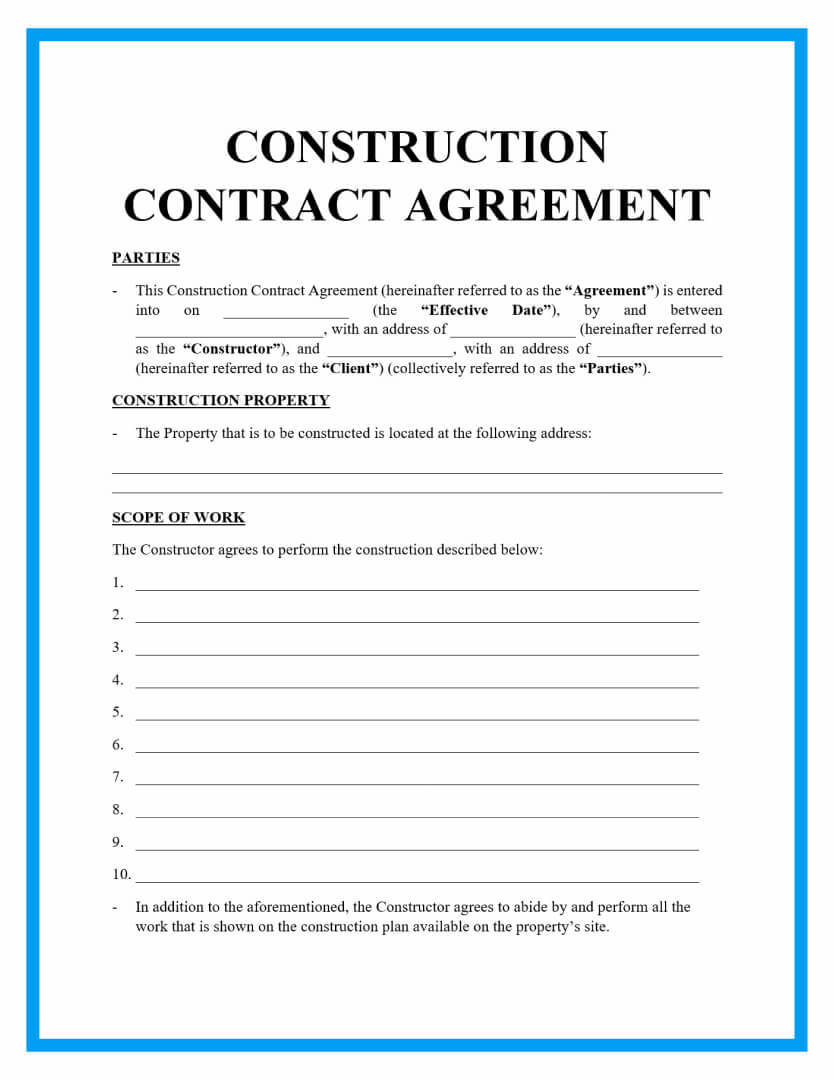
During the webinar, the partners touched on suspension and termination provisions, limitation of liability clauses, waivers for consequential damages (which owners are generally interested in), safety requirements, and insurance requirements. (Vanderhider said that insurance policies covering errors and omissions/professional liability “are trending,” and revolve around notice provisions.)
He said he’s been seeing contracts with more provisions that allow owners to withhold payments, with a notorious change in emphasis from “pay when paid” to “pay if paid,” which shifts more risk onto subcontractors. Chico added there are options “to be creative here,” such as payment clauses that kick in or are capped at certain thresholds, are limited to certain building materials, are tied to index pricing, or offer early payment for supply and storage actions.
The partners also took some time to debate how best to resolve disputes in general.
Vanderhider typically favors litigation, claiming that arbitration doesn’t always save time or money, and can place limits on the presentation of evidence and witnesses. “Many of the more common contract forms don’t reflect the reality of today’s economic climate,” he asserted. But Vanderhider also conceded that arbitration makes it easier for parties to keep evidence private
Chico, on the other hand, prefers arbitration, “mostly because it’s faster” than letting a lawsuit play out. She and Vanderhider agreed that dispute clauses in contracts are most effective when they are consistent throughout the construction chain. Mroczkowski recommended, too, that contracts include a provision mandating some level of arbitration so as not to halt the project while the parties try to resolve differences.
In conclusion, Mroczkowski cited four takeaways for contractual risk mitigation:
•Focus on your priorities
•Be proactive anticipating supply-chain impacts
•Ensure consistency in certain key contract terms
•Ensure compliance with local laws.
Related Stories
AEC Innovators | Feb 28, 2024
How Suffolk Construction identifies ConTech and PropTech startups for investment, adoption
Contractor giant Suffolk Construction has invested in 27 ConTech and PropTech companies since 2019 through its Suffolk Technologies venture capital firm. Parker Mundt, Suffolk Technologies’ Vice President–Platforms, recently spoke with Building Design+Construction about his company’s investment strategy.
Performing Arts Centers | Feb 27, 2024
Frank Gehry-designed expansion of the Colburn School performing arts center set to break ground
In April, the Colburn School, an institute for music and dance education and performance, will break ground on a 100,000-sf expansion designed by architect Frank Gehry. Located in downtown Los Angeles, the performing arts center will join the neighboring Walt Disney Concert Hall and The Grand by Gehry, forming the largest concentration of Gehry-designed buildings in the world.
Construction Costs | Feb 27, 2024
Experts see construction material prices stabilizing in 2024
Gordian’s Q1 2024 Quarterly Construction Cost Insights Report brings good news: Although there are some materials whose prices have continued to show volatility, costs at a macro level are returning to a level of stability, suggesting predictable historical price escalation factors.
Construction Costs | Feb 22, 2024
K-12 school construction costs for 2024
Data from Gordian breaks down the average cost per square foot for four different types of K-12 school buildings (elementary schools, junior high schools, high schools, and vocational schools) across 10 U.S. cities.
MFPRO+ Special Reports | Feb 22, 2024
Crystal Lagoons: A deep dive into real estate's most extreme guest amenity
These year-round, manmade, crystal clear blue lagoons offer a groundbreaking technology with immense potential to redefine the concept of water amenities. However, navigating regulatory challenges and ensuring long-term sustainability are crucial to success with Crystal Lagoons.
Architects | Feb 21, 2024
Architecture Billings Index remains in 'declining billings' state in January 2024
Architecture firm billings remained soft entering into 2024, with an AIA/Deltek Architecture Billings Index (ABI) score of 46.2 in January. Any score below 50.0 indicates decreasing business conditions.
AEC Tech | Feb 20, 2024
AI for construction: What kind of tool can artificial intelligence become for AEC teams?
Avoiding the hype and gathering good data are half the battle toward making artificial intelligence tools useful for performing design, operational, and jobsite tasks.
Building Tech | Feb 20, 2024
Construction method featuring LEGO-like bricks wins global innovation award
A new construction method featuring LEGO-like bricks made from a renewable composite material took first place for building innovations at the 2024 JEC Composites Innovation Awards in Paris, France.
AEC Tech | Feb 20, 2024
ABC releases technology guide for AI in construction
Associated Builders and Contractors has released an artificial intelligence (AI) technology guide for the U.S. construction industry. AI in Construction — What Does It Mean for Our Contractors? outlines definitions, construction use cases, and considerations for the implementation of AI in construction.
Codes and Standards | Feb 20, 2024
AISC, AIA release second part of design assist guidelines for the structural steel industry
The American Institute of Steel Construction and AIA Contract Documents have released the second part of a document intended to provide guidance for three common collaboration strategies.





